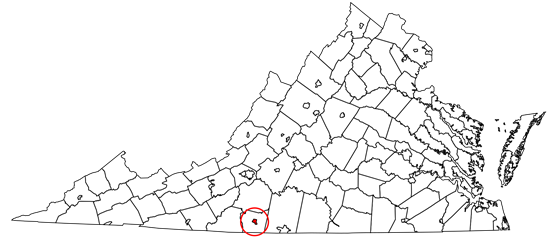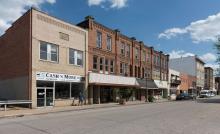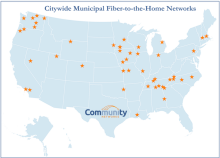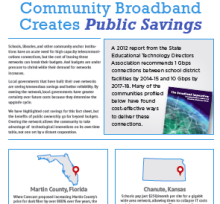Martinsville, Virginia To Finally Take Full Advantage Of Decades-Old Muni Fiber Network
Martinsville, Virginia has technically owned a municipal fiber network for the better part of a generation. But the city never had the time, resources, or interest in maximizing the Municipal Internet Network’s (MINet) full potential until COVID demonstrated the importance of affordable access and federal broadband grants made expansion a viable reality.
At a Martinsville city council meeting on February 13, the council offered unanimous support for a phased expansion of the city’s fiber network.
What exactly the expansion will look like, and how it will be funded, very much remain a work in progress.
The core MINet fiber network originally consisted of 48 strands and 20 miles of fiber connecting city schools, municipal buildings, local businesses, and key anchor institutions. A 2009 estimate indicates the network has saved the city between $100,000 and $150,000 annually on telecom lease agreements every year since its inception.

Despite having been first constructed in the 1990s, Martinsville’s MINet only has about 376 customers (98 of them being residential) in a city of nearly 14,000 residents. There’s roughly 20 users currently on a multi-month waiting list, eager to get access to affordable fiber at speeds up to a gigabit per second (Gbps).
Mike Scaffidi has been the MINet director for 26 years. He tells ILSR that while the city has contemplated network expansion for a long time, the city never had the staff or resources to prioritize the expansion or marketing of the city-owned fiber network.





